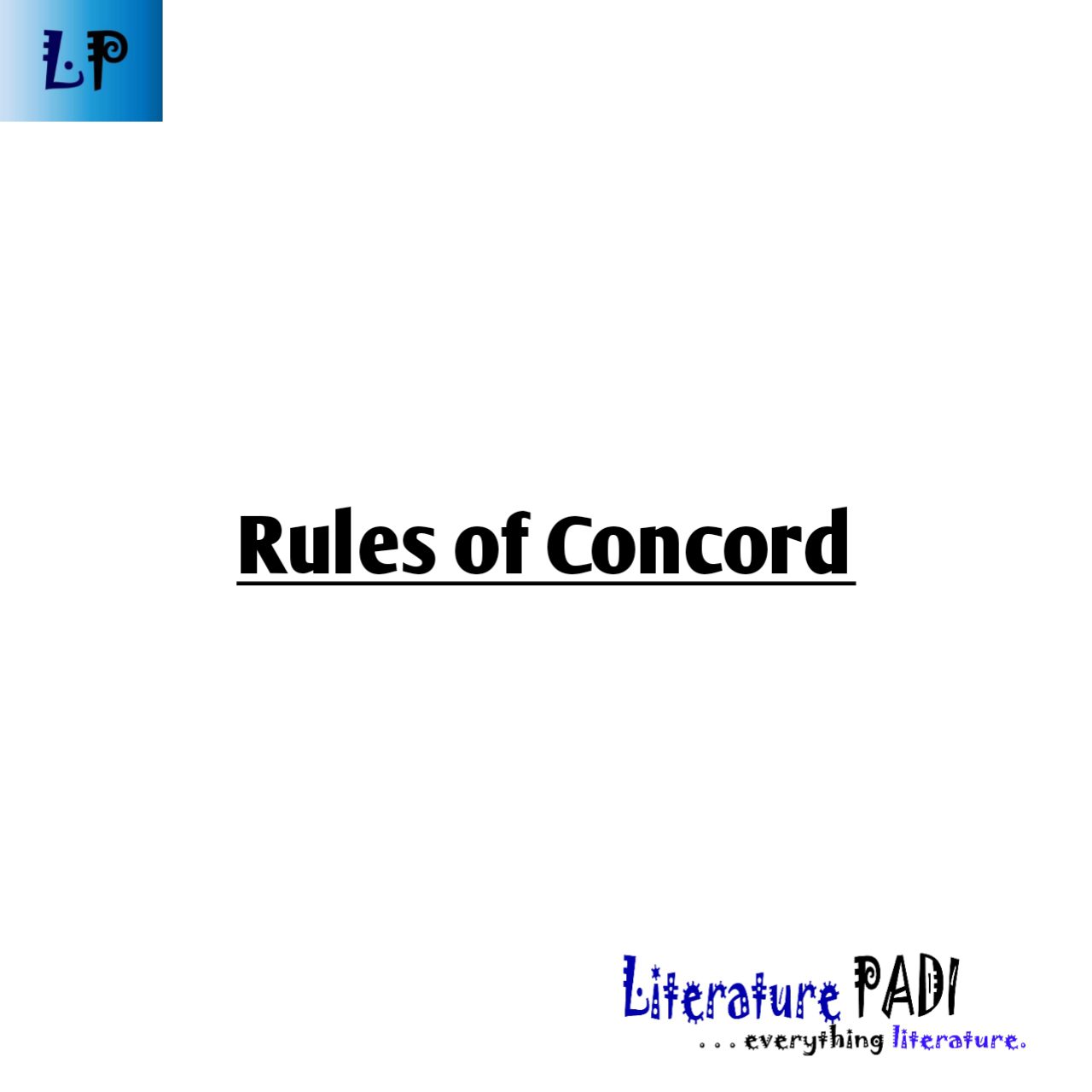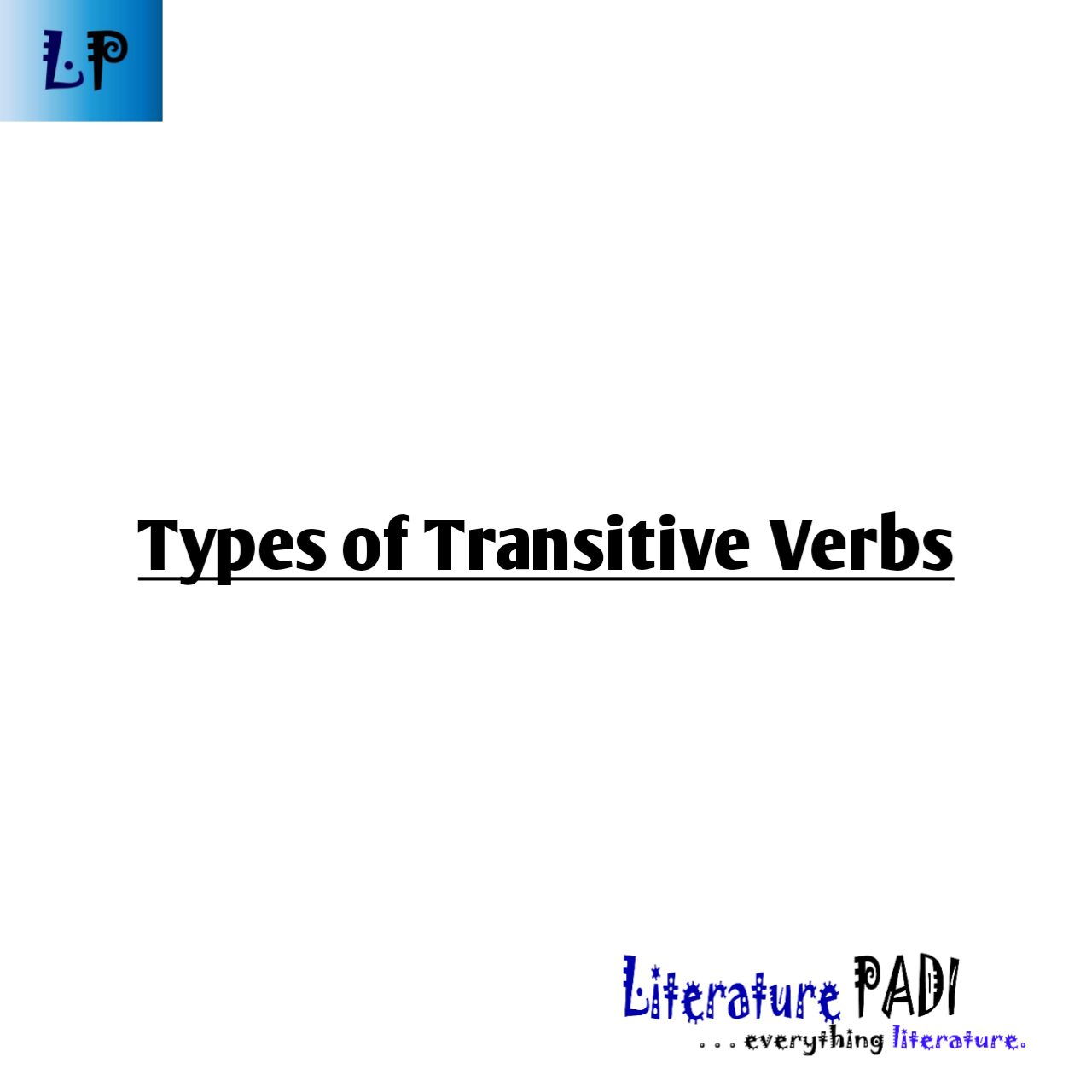Concord relates to the agreement between grammatical items. It therefore means that the feature or the characteristics of one grammatical item affects the other. Let’s give a rundown on some of the rules of concord in the English Language.
▪️ A singular subject requires a singular verb and a plural subject requires a plural verb.
▪️ In correlative, the choice of the verb is determined by the subject that comes before the verb. Examples:
(i) Either the man or his wife (is/are) guilty.
(ii) Not only the boy but the men (was/were) here.
▪️ There are some cases of parenthetical nominals. E.g.: “together with”, “in addition to” and the likes. The choice of the verb is determined by the singularity or plurality of the noun that comes before the parenthetical nominals. Example:
(iii) The president together with his wives has arrived the venue.
Parenthetical nominal is the opposite of correlatives; more of an afterthought.
▪️ Post-modified subjects are subjects that take/have qualifiers. The choice of verb is determined by the headword. Example:
(iv) One of the boys (is/are) wayward.
▪️ Conjoined subjects are subjects or headwords that are linked or joined with conjunction “and”.
(v) Cats and dogs are friendly.
(vi) A snake and a lion are dangerous.
There are several times when the conjoined subjects refer to the same entity. This could be signalled by adjectives or additional nominals. In this case, singular verb is used.
(vii) My lord and great provider (is/are) here.
▪️ Indefinite pronouns like “someone”, “nobody”, “no one”, “every”, “each”, and “nothing” take singular verbs. Examples:
(viii) Someone is calling you.
(ix) Everybody is here.
(x) Nothing is impossible.
▪️ Collective Nouns: When a group is seen as a singular entity, what follows should be a singular verb.
(xi) The Alfred family is welcoming.
(xii) The Alfreds (family) are welcoming. (individual interpretation)
What follow singular nouns that have plural forms are singular verbs. E.g.: “physics”, “linguistics”.
▪️ Quantifiers (little, much) when standing alone are usually followed by singular verbs. Examples:
(xiii) Enough is enough.
(xiv) Much is needed to meet his needs.
(xv) Much efforts (is/are) needed.
(“Much” is a modifier here and does not occur in isolation)
▪️ Subjects that denote a sum are usually followed by singular verbs.
(xvi) 24 hours is not enough.
(xvii) 2,000 kilometres is a long distance.
(xviii) 4 weeks makes a month.
 WHATSAPP: Click HERE to join the new Literature PADI WhatsApp group to receive latest updates on your phone and for further literary discussions!
WHATSAPP: Click HERE to join the new Literature PADI WhatsApp group to receive latest updates on your phone and for further literary discussions!











